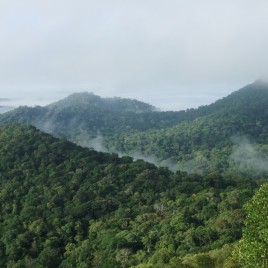Algae can smell predators coming their way, according to a new study.
Small crustaceans, zooplankton copepods, feed on algae and researchers observed that they release small fat molecule called copepodamides into the water. When exposed to these molecules an algae, Alexandrium minutum, also known to form toxic algal blooms, will increase 20-fold their paralytic toxin production.
Researchers say that it is the first observation that a chemical released by zooplankton impact algae behaviour. They also think that this phenomenon could contribute to large-scale toxic algal blooms.
Original research paper published in PNAS on April 27, 2015.
Names and affiliations of selected authors


